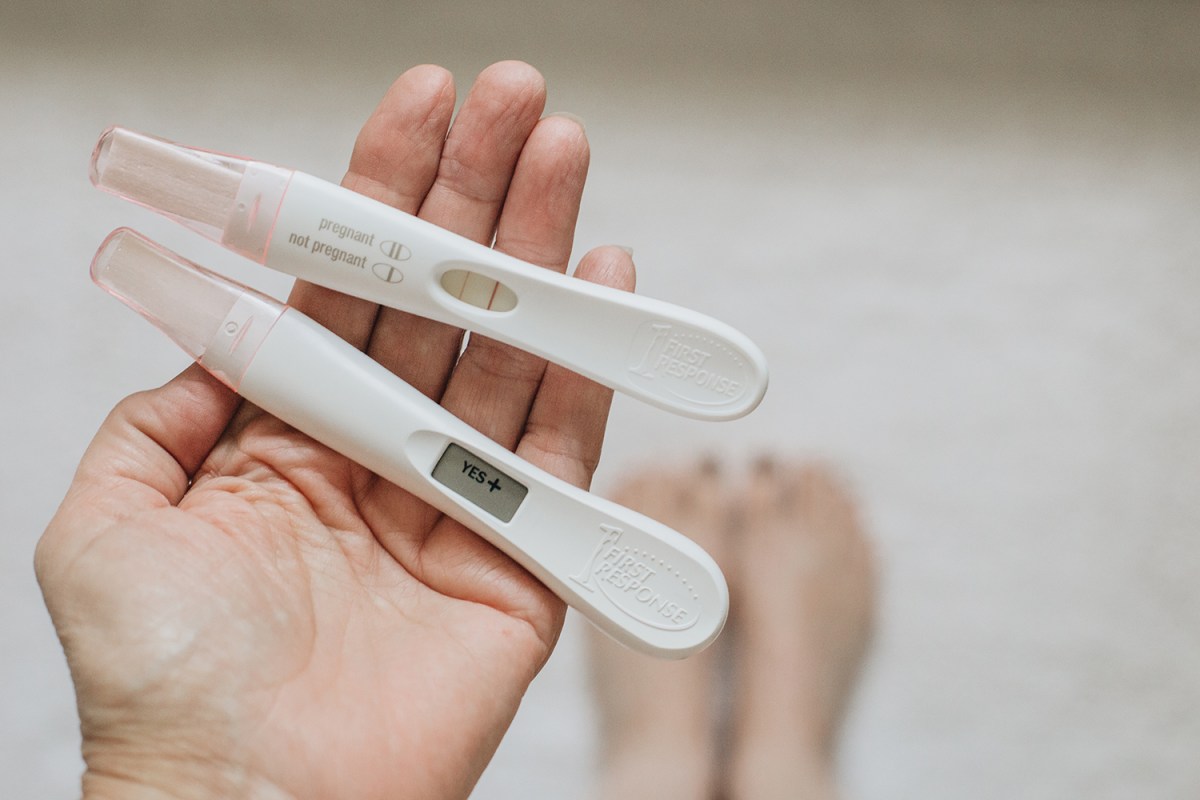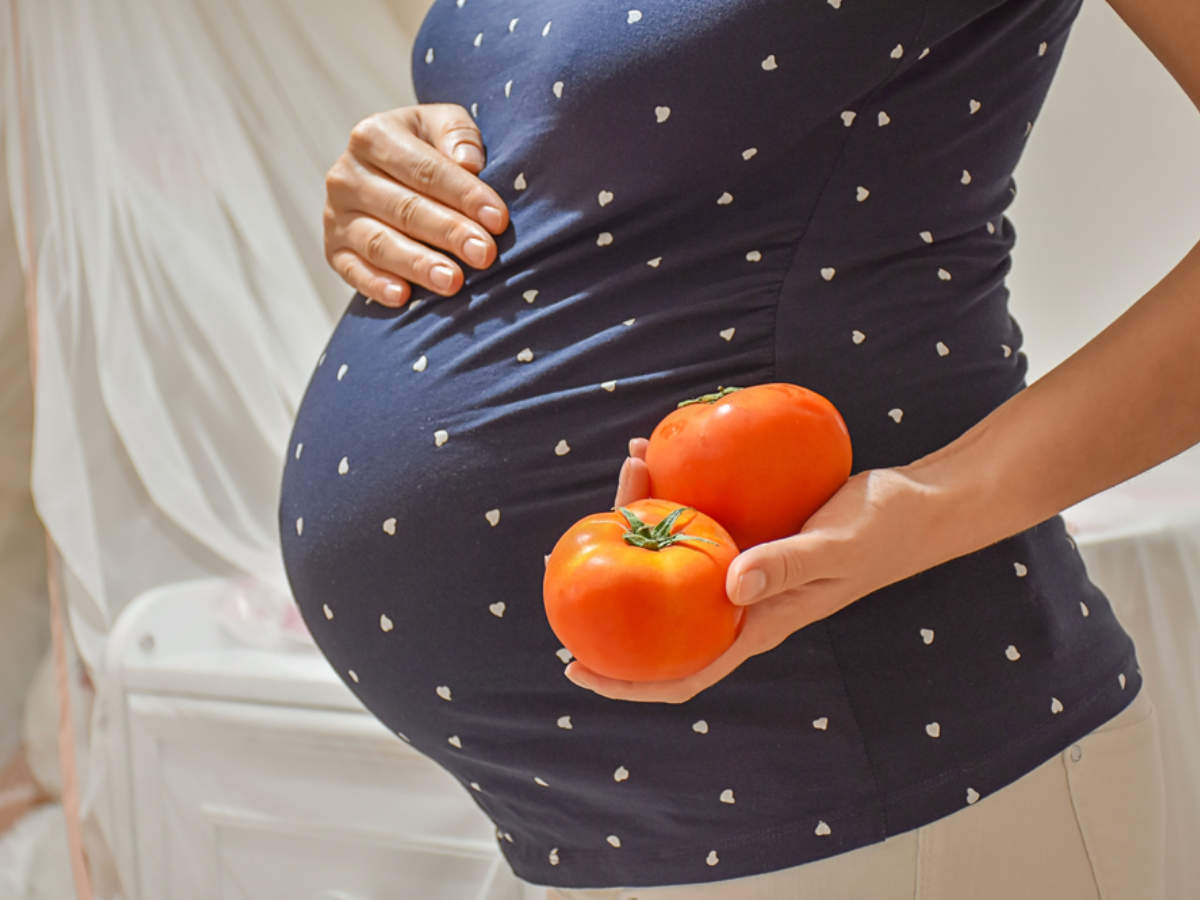There are a few tests to detect or confirm a pregnancy. The tests are the detection of human chorionic gonadotropin (hCG) hormone in urine or blood, ultrasound, or doppler ultrasound. The basic and initial test that usually can be done even at home is a urine pregnancy test. Later, at the health center, more specific tests like ultrasound or doppler ultrasound can be done to confirm the pregnancy. Ultrasound is also useful in detecting the number of fetuses in the womb and whether the product of conception is viable or not. Some conditions like ectopic pregnancy or molar pregnancy can also give positive urine and blood tests. However, ultrasound can confirm an accurate diagnosis. All tests are the right test for detecting, confirming, and monitoring pregnancy. Find right test for you related to any health condition including pregnancy at any nearby clinic or hospital.
Symptoms of early pregnancy may vary from one person to another although some symptoms are common in most ladies. Common symptoms in early pregnancy are:
- Nausea
- Vomiting
- Breast increasing in size
- Breast pain
- Tiredness (more than usual)
- Frequent urination
- Mild lower abdominal cramp
The pregnant lady or caretaker should immediately call a doctor or midwife if there are:
- Vaginal bleeding
- Reduce baby movement
- Leaking of fluid from the vagina
- Faint
- Unresolved or worsen belly pain
- Painful urination
- Blood in urine
- Fever
- Stronger and more frequent contractions
- Any other symptoms that may indicate that the pregnant lady is not well
Pregnancy is a state where a woman harbors the product of conception or harbors one or more fetuses in her womb for around 9 months. Pregnancy is not a disease or a disorder. However, pregnancy is a critical period in which two or more lives are at risk. Many health issues can arise throughout pregnancy and that’s why maternity checkups and follow-ups are really important. Good maternity care will ensure safer pregnancy and delivery. In Malaysia, if you go to the public healthcare facilities, you will be given a pink book to record the well-being of your baby and you. Your book will be labeled with a specific colour sticker depending on how risky your pregnancy is.
During pregnancy, many changes will take place. There will be physical, emotional, and hormonal changes. Normal changes are expected throughout pregnancy. On the other hand, abnormal changes will require medical intervention. Due to many changes, the musculoskeletal system is one of the body systems which will be affected. Pregnant ladies may develop back pain, generalized joint pain, and tendonitis (inflammation of the tendons). Pregnancy will cause a woman to gain around 11 to 15 kg. Weight gain, shifting of the centre of the gravity, and hormonal changes will cause alteration and straining to muscles and joints.
The musculoskeletal changes that happened to a pregnant lady are:
- The force and pressure to some joint might increase up to two folds
- Instability of the spine due to increase joint laxity results in straining of the back muscles
- Vaginal lengthening and genital widening
- Stability of the joints from the pelvis to the feet will be affected due to increased laxity of the ligaments
- Fluid retention that may compress vital structures like the nerves
- The curvature of the lower back increases
- Forward bending of the neck
- The shoulders shifted downwards
- Stretching of the abdominal muscles strain the muscle of the back even more
The above changes are highly influenced by the secretion of a hormone called relaxin, estrogen, and progesterone. The above changes cause joint pain. Low back pain which may affect the muscles, joints and spinal disc is very common. Magnetic resonance imaging (MRI) can be done to detect any harm. In general, joint pain management in pregnancy involves many strategies and interventions. Medications, physical therapy, exercises, and complementary therapies like acupuncture are useful in treating joint pain during pregnancy.





